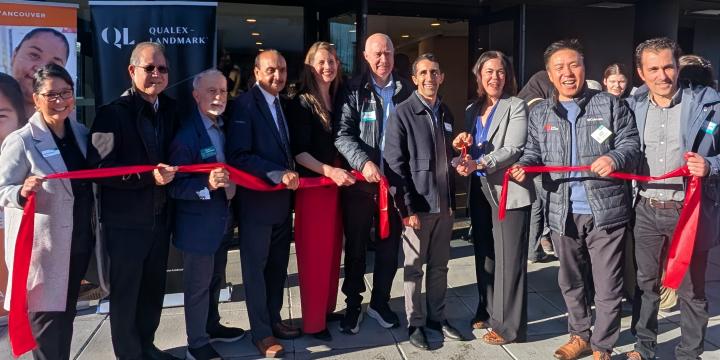
July 1 or Canada Day – Should I Still Celebrate?
As we approach July 1, it is important to reflect on the historical events that this day represents, while acknowledging the complicated emotions that might arise as this day nears.
Officially, July 1 is this country’s national day. It marks the anniversary of Canadian Confederation which occurred on July 1, 1867, with the passing of the British North America Act. On this day, the three separate colonies of the United Canadas, Nova Scotia, and New Brunswick were united into a single Dominion within the British Empire called Canada.
This day also made it official policy that the rights and sovereignty for the original people of this land were henceforth gone. Worse still, this day that brought “Canada” into being was the catalyst for the forceful, intentional and systemic cultural genocide and erasure and destruction of the family fabric, identity, safety and autonomy of Indigenous peoples.
A Personal Dilemma
July 1, “Canada Day”, represents something different for everyone, depending on one’s experience, personal history, and relationships. This country, as we know it today, is also a mix of extremes. Extreme wealth exists beside deep poverty; resource extraction strips away nature’s abundance; freedom for many contrasts with systemic oppression for others.
It is difficult to hold contrasting realities at the same time. To make it more difficult, people might also experience feelings of guilt for having celebrated this day in the past before knowing the extent of the government’s treatment of Indigenous people. Others face a dilemma for appreciating the opportunities this country affords them, while knowing that these opportunities have come at the expense of colonization.
The origins of the name 'Canada'
The name “Canada” likely comes from the Huron-Iroquois word “kanata,” meaning “village” or “settlement.” In 1535, two Aboriginal youths told French explorer Jacques Cartier about the route to kanata; they were actually referring to the village of Stadacona, the site of the present-day City of Québec. For lack of another name, Cartier used the word “Canada” to describe not only the village, but the entire area controlled by its chief, Donnacona.
The first use of Canada as an official name came in 1791, when the Province of Quebec was divided into the colonies of Upper Canada and Lower Canada. In 1841, the two colonies were united under one name, the Province of Canada.
Read more at canada.ca.
The YWCA and Canada’s History
As an organization that has been operating for 125 years, we recognize the YWCA’s role in Canada's colonial history, including our complicity in harmful social systems and practices that continue to negatively impact Indigenous peoples’ education, cultures and languages, health, welfare and economic opportunities.
Advancing truth and reconciliation is a key priority for the YWCA and we are committed to learning and unlearning, consulting and reflecting, and taking actions that advance justice, equality and opportunities for Indigenous peoples. This includes:
-
Prioritizing cultural safety for staff and program participants;
-
Seeking guidance and direction from the YWCA’s Indigenous Relations Manager;
-
Working with Indigenous communities and partners where it is welcomed;
-
Training all staff on Canada’s colonial history;
-
Following the guidance of the Truth and Reconciliation staff committee;
-
Undertaking an intersectional analysis in our advocacy work; and
-
Advocating for government to make meaningful progress toward implementing the National Inquiry into Missing and Murdered Indigenous Women and Girls’ 231 Calls for Justice in the Final and the Truth and Reconciliation Commission’s 94 Calls to Action.
Suggestions for July 1
Moving forward in the era of Reconciliation means openly acknowledging the true history of this land and finding a way forward, together.
If you are looking for ways to reflect on this day, here are some suggestions:
-
Wear orange to honour Indigenous children.
-
Donate to Indigenous organizations and support Indigenous businesses.
-
Educate yourself on Canada’s history and the injustices Indigenous Peoples still face.
-
Attend rallies and vigils that honour Indigenous communities.
-
Take time to learn and acknowledge whose territory you are on and reflect on your relationship with it. Spend time in nature – at the ocean, in the forest or in a park.
-
Say a prayer and lay tobacco – prayers are a personal experience and there is no wrong way to pray. There is more information about tobacco here.
-
Read the Truth and Reconciliation Commission of Canada Report: Calls to Action.
-
Spend time with friends and family – cook together, laugh, and practice kindness to all those around you.
Photo by Jess Barnett on Unsplash

